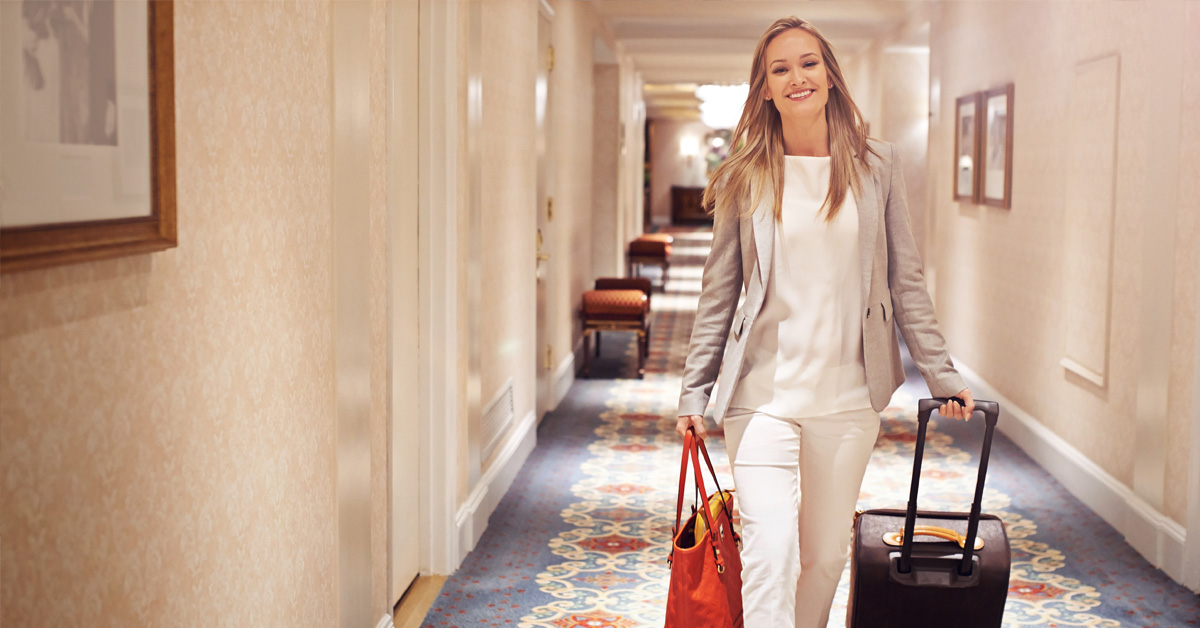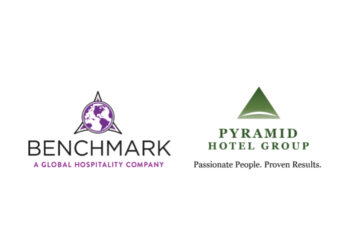Main highlights:
- Marriott International’s Phil Andreopoulos, Kersten Hospitality CEO Marloes Knippenberg and Wyndham Hotels & Resorts’ Dimitris Manikis participate on a panel at the Annual Hotel Conference in Manchester, England.
- Industry leaders share how the industry is involved with the demands of customers and their response to their services.
The Annual Conference welcomed leaders of major hotel brands who shared their opinions on the fundamentals of the hotel industry. Hotel owners and operators shared their experiences while managing business and meeting demands, gaining market share for the brand and lessons learned during the covid pandemic.
The Annual Conference had a special panel called “Succeeding When Nothing Is Normal” where Phil Andreopoulos from, Marriott International was present and shared his thoughts He is the chief operating officer of owner and franchise services for Europe, the Middle East and Africa, as well as the chief operating officer for sub-Saharan Africa and Protea, a South Africa-based hotel company Marriott acquired in 2014.
“Our adaptability was our resilience, and we’ve always challenged the status quo. If you do that in the good times, it is so much easier to do so in a downturn. We were forced to do it, and now we know how to do it,” he said.

Another personality present at the annual conference Hugh Taylor, CEO of hotel management and advisory firm Michels & Taylor, said “I have been in this industry for 30 years, and the COVID-19 era showed me I had not seen everything in that period — notably, that we were closing hotels that had been trading exceptionally well,”. “It was also the best time to see how good your teams are.”
“We sell lifestyle and mixed-use [developments]. Soft use was tough to sell before the pandemic, but owners have become more aware of the need for diversification and to look at assets in a different way,” said Marloes Knippenberg, CEO of Kersten Hospitality, at the annual conference. According to her, she saw a growth in the relationship between customers and her products due to recent turbulent years.
The discussion was of conclusion that cast their vote of favourites through their spending and it is the job of hotel owners to provide the services in trend at a reasonable price.
Dimitris Manikis, president and managing director for Europe, the Middle East and Africa at Wyndham Hotels & Resorts had this to say at the annual conference .“You cannot impose things on guests anymore,” he said, “‘My way or the highway does not work anymore, but Marloes [Knippenberg] can be more flexible than I can, someone who lives by the [stock exchange-listed] quarter.
“Ultimately, [hotels] exist because someone wanted the product we provide at any point in time, and so there should be no surprise that this requires adaptability,”
“You cannot impose things on guests anymore,” said Dimitris Manikis, president and managing director for Europe, the Middle East and Africa at Wyndham Hotels & Resorts. “‘My way or the highway does not work anymore, but Marloes [Knippenberg] can be more flexible than I can, someone who lives by the [stock exchange-listed] quarter. Ultimately, [hotels] exist because someone wanted the product we provide at any point in time, and so there should be no surprise that this requires adaptability,”

Customer Preferences
According to Andreopoulos at the annual conference guests are being influenced by changing travel patterns and leading them to choose extended stays at hotels.
“In the U.S., it is rare to find an extended-stay hotel that is not branded, so there definitely is an opportunity in Europe, where I think a couple of brands will emerge to capture that space. I hope one of those is a Marriott brand. Also raising excitement is the all-inclusive space. This niche has had bad connotations in Europe, but in the high end of the segments, there is another opportunity,” he said at the annual conference.
Knippenberg from Kersten Hospitality at the annual conference was of the view that due to mix use development there has been a combined increase in short and long-stay hotels. read more of these industry leaders’ views here.
“During COVID-19, we looked at every step of the customer journey for the products we provide through a creative path so that we could scale, and we branded that process for staff,” she said.
“One simple idea is to map the businesses around your hotel, a great way of providing value. It is not difficult, and you can make revenue from that. Do what people would do at home, to order food and another spend. Own, do not coordinate.”


























